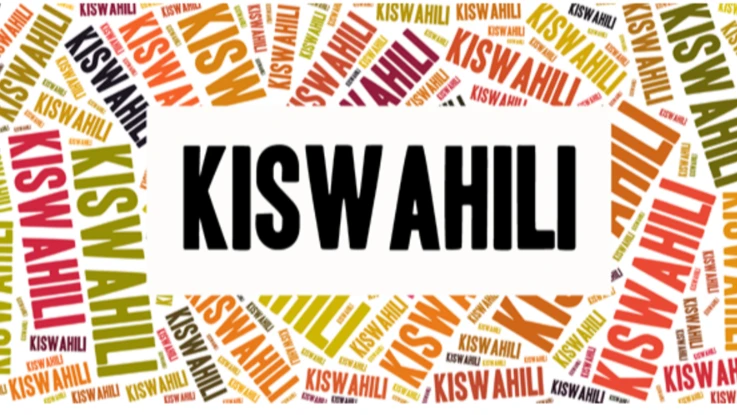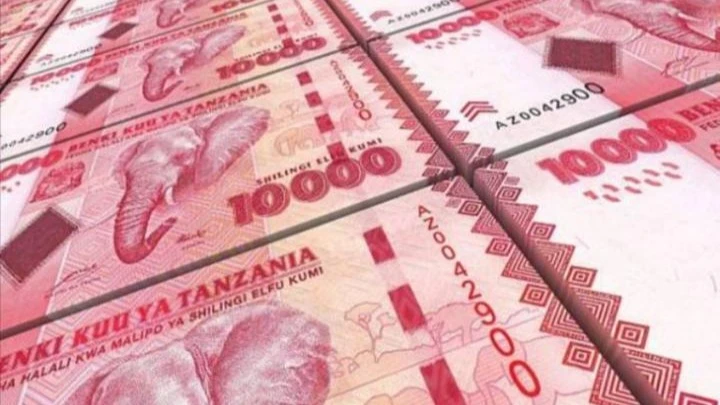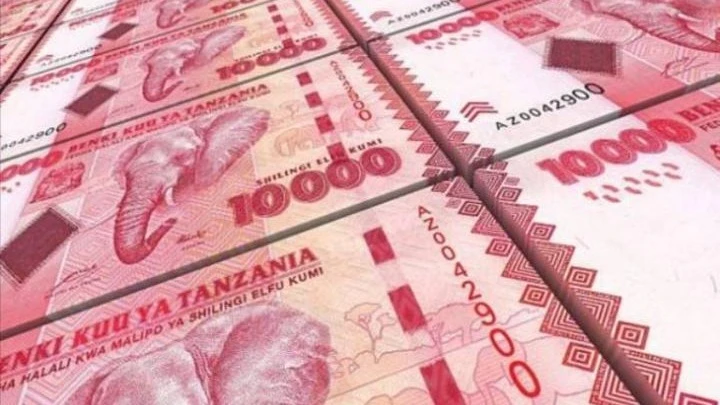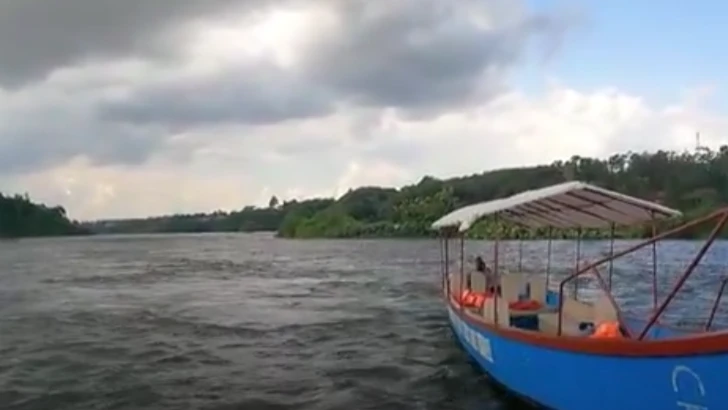Full EAC access to tripartite modal helpful, hardly urgent
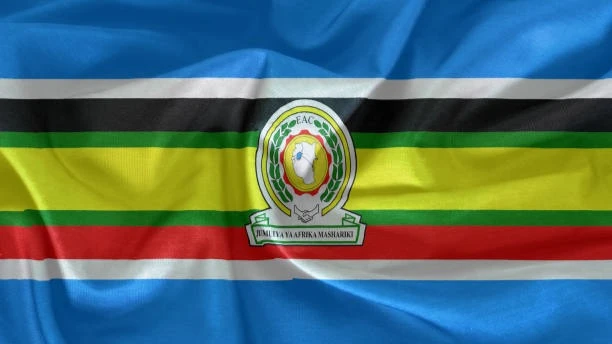
STAKEHOLDERS in the regional private sector grouped under the East African Business Council (EABC) are making efforts to widen the circle and deepen regional and individual-country engagement in integrated trade zone accords.
There was an appeal by the EABC’s incoming CEO that several East African Community (EAC) partner states need to make an effort to promptly ratify the Tripartite Free Trade Area (TFTA) agreement towards accessing the regional arrangement. That some sort of interesting wake-up reminder.
The point was to mobilise EAC countries into engaging more in trade with tripartite member states on account of their overlapping memberships in SADC and COMESA, the other preferential tariff regional groups.
The partner states the business lobby sought to bring into the fold are Somalia, Democratic Republic of Congo (DRC), South Sudan and Tanzania.
These have yet to ratify the treaty for the tripartite trading zone and thus benefit from preferential trade terms with countries outside their particular blocs. It looks good, but Tanzania was there for nearly two decades and left.
One clear fault is that the business lobby raises the issue nearly as an inter-governmental agency, issuing appeals to countries to fulfil the goals of the EABC, saying that their goal is to see businesses trading under the TFTA’s preferential tariffs.
It acknowledges that Tanzania and DRC are members of SADC, while Kenya, Uganda, Burundi and Rwanda are part of COMESA.
That might just suffice if one demands views of trade policy specialists here, though one can’t say that they aren’t open to new trade visions, especially lately with AfCFTA.
It was stated that Angola ratified the wider trading area protocol as recently as on June 25, easing up trade with the EAC bloc and raising the number of states having ratified the protocol to 14.
That means it is now applicable to the partner states of the three regional trading zones – EAC, SADC and COMESA.
The statement said the protocol was signed by 29 member states, half having now ratified it, in which case EABC isn’t overtaking EAC or nation-state partners as by definition it applies to them too.
While de facto membership of TFTA is applicable to Tanzania as well and under its statutes, we also must erase tariffs in view of this.
It takes the credit for reminding EAC partner states that they are – by law – members of the tripartite pact, which locally is the same as Tanzania returning to COMESA and not just retaining EAC and SADC membership.
This brusque push into the wider grouping may look grim to some older school policy advisers, but the more forward-looking groups ably reckon with competition.
It is hard to say how far this will impact on trade policy at the local level as, with SADC having had a pact on sugar free trade, that trade policy here effectively vacillates to take it up.
That is for reasons of strategic positioning of the monopoly on sugar imports for the ‘political-industrial complex’.
Similarly, there is a de facto deregulation of maize trade within the country and beyond since setting up the Marketing Development Bureau in 1982. It has almost always been observed in the breach, now for 44 years
Top Headlines
© 2025 IPPMEDIA.COM. ALL RIGHTS RESERVED









